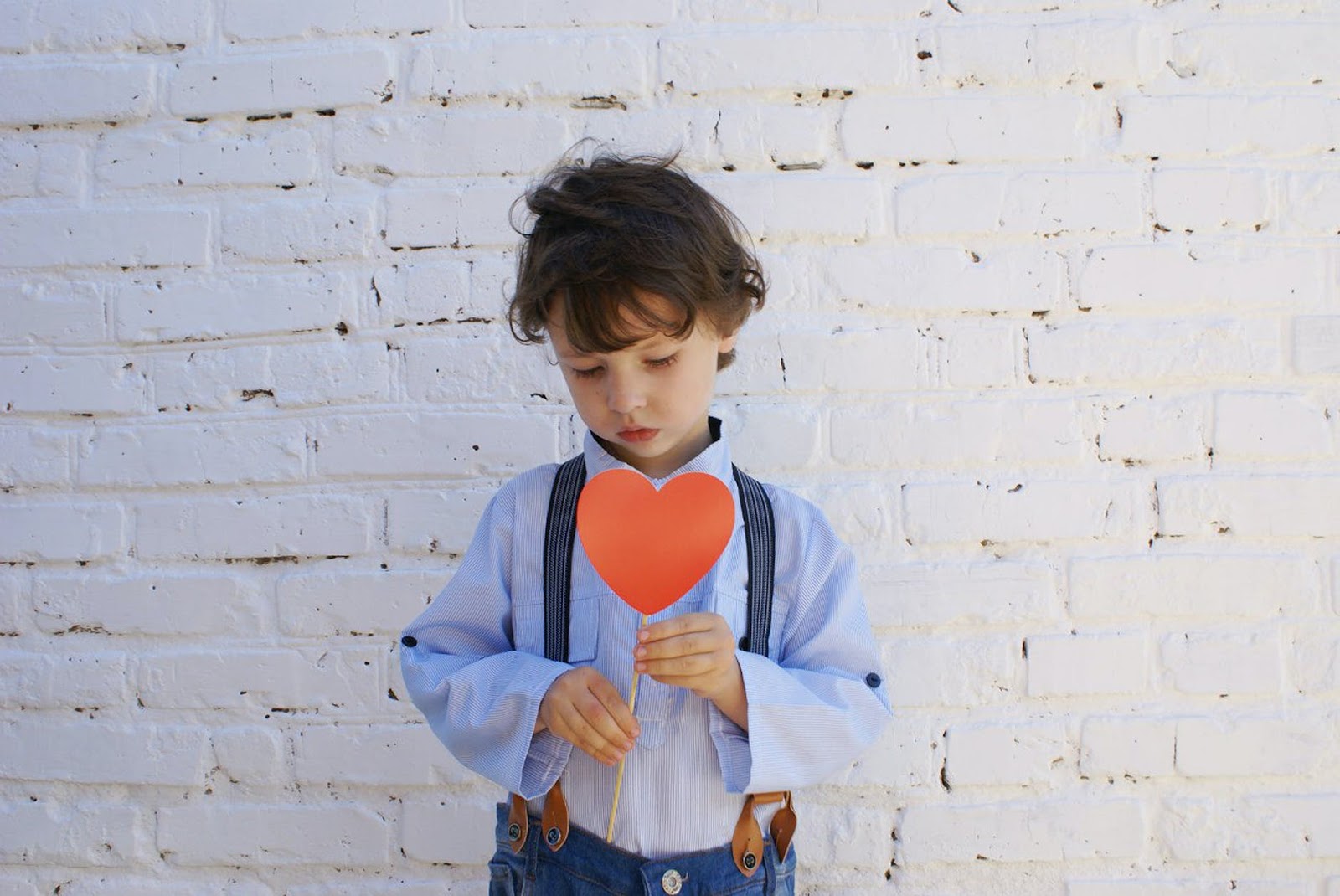The Effects of Divorce on Modern Society
Divorce affects more than the couple who chooses to end their marriage; it also takes a toll on society. Even though according to studies, the divorce rate is decreasing (mostly because millennials get married later in life) about 50% of all marriages still end up with a divorce, affecting the children, family’s financials, and the workplace.
Effects on Children
Divorce can be hard on kids. Many of them blame themselves for their parent’s divorce, which can create sadness and guilt. However, the effects of divorce go far beyond the child’s feelings. Divorce can also have a negative effect on the child’s education, resulting in slowed academic progress. As their parents are often busy and unable to help them with their homework, children of divorce tend to drop out of school. In addition, research has shown that they tend to experience developmental issues, which impacts their emotional and behavioral well-being. Children from divorced families are more likely to experience behavioral problems, low self-esteem, anxiety, and depression.
Due to the depleted finances and significant changes to the family dynamics, children from single-parent households often exhibit riskier behaviors than those from households with both parents. Many of these children tend to experiment with alcohol, drugs, and sex. They are also very likely to be suspended from school, use weapons, and run away from home. Such behavioral issues can result in teenage pregnancies or criminal acts. Moreover, without a good marriage model during childhood, these children may experience their own relationship issues later in life.
If you’re living in the Canadian province of British Columbia, though, the same counts when it comes to common-law separation. According to the common law in BC, the rules about access and custody are the same for couples that have lived together for over 2 years as they are for married couples. When common-law couples stop living together, they don’t need to get a divorce, but they have to decide what will happen to their kids and how to divide their property.
Effects on Social Life
Divorce also has social consequences for both adults and children. When a couple gets a divorce, their social circle will also suffer. The relationship with other couples they befriended during marriage changes and, as a result, their social circle will narrow. The former spouses might find themselves losing their married friends and be forced to find new single friends to whom they can better relate. Oftentimes, situations like this lead to feelings of isolation which, in turn, can result in depression.
Members of the extended family might also find it difficult to maintain a relationship with the divorced couple as they might feel forced to take sides. Children suffer too as they’re shuffled from one house to another.
However, this doesn’t mean that couples should stay in a bad marriage just for the sake of the children. Bear in mind that only a happy marriage is good for children. If the spouses are constantly fighting, it can be damaging to kids too. By divorcing amicably, you can significantly reduce the stress your children are experiencing. If you and your spouse work to give your kids love and put an effort to share some words of wisdom about the situation you’re all in, they can grow up as healthy and happy as kids with married parents.
Effects on Employment
The negative impacts of divorce can extend to the workplace as well. According to a study, about 1 in ten employees will separate or divorce in any given year. Employed people going through a divorce can exhibit higher levels of presenteeism, absenteeism, anxiety, stress, and other health issues.
During a divorce, most people experience a substantial decrease in energy and productivity levels. This is mostly because they face a number of tasks, from dealing with solicitors to coming up with childcare arrangements, many of which need to be done during working hours.
In another study, more than 15% of participants reported having seen coworkers take sick leave because of the stress caused by divorce. The decrease in productivity for employees going through a divorce is about 40% and it continues for a long time afterward. What’s more, this impact extends to the performance of coworkers. In their efforts to be supportive or as a result of the distractions caused by a colleague going through a divorce, coworkers usually see a decrease in performance of about 5%.
Divorce has an impact on turnover as well. Many employees can’t handle the stress resulting from their new living arrangements, especially in cases of childcare responsibilities that used to be shared. One study found that nearly 10% of employees had to leave their job or knew a coworker who had done so.
Effects on Finances
When a couple of divorces, instead of a single household with two incomes, there are two households with two separate incomes. Research has shown that nearly 50% of families in the US experience poverty following a divorce. Divorce breeds poverty, especially in women with kids. Many fathers don’t pay alimony, so mothers have to work multiple jobs to survive and provide for the kids.
Divorced women are also more likely to receive public assistance than divorced men. According to OECD, more than 70% of women who apply for welfare benefits do so because of a divorce or separation. Furthermore, even though divorce will leave both parties worse off financially, women’s finances and living standards are more impacted than men’s.
Final Thoughts
The effects of divorce can be far-reaching and linger for years. Divorce can have a negative effect on the emotional state, social circle, and economic status.
Understanding the divorce process can help reduce the anxiety and stress on both the divorcing parties and their children. The spouses can work together to divorce in an amicable manner, allowing for a more straightforward and less costly procedure, and minimizing the overall damages.

